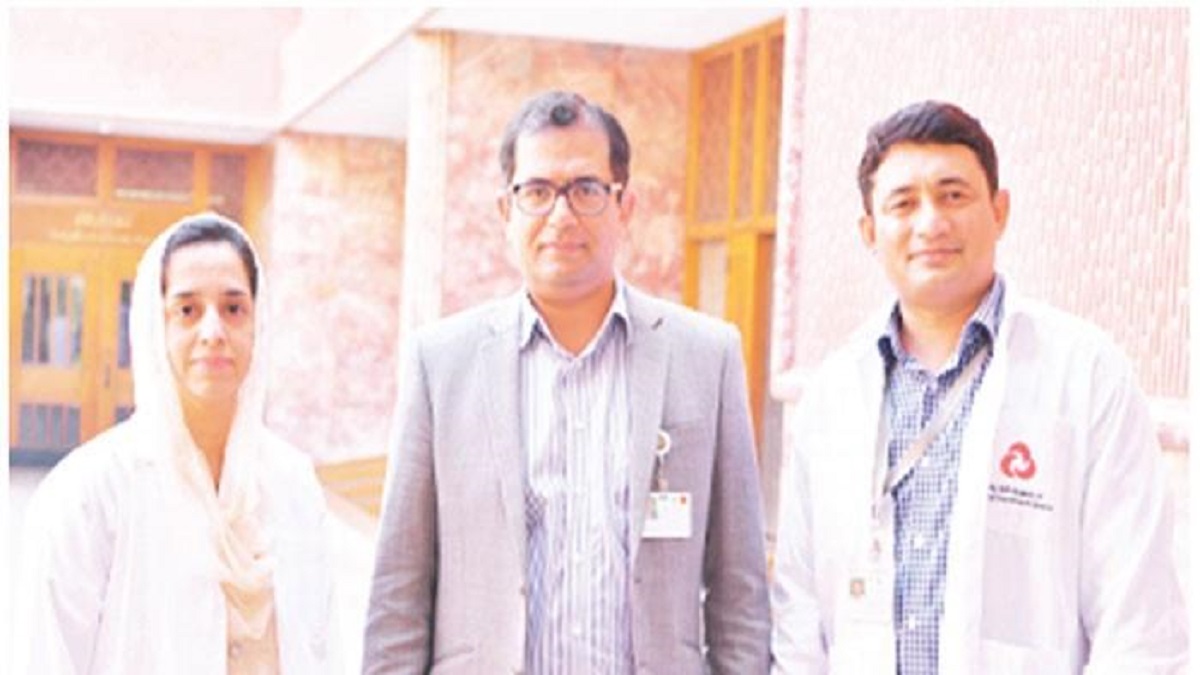Aga Khan University’s researchers are going to create a mini-intestines that can create new insights into how malnutrition occurs.
According to the new study conducted in the Washington University School of Medicine in St. Louis showed that specific bacteria living in the upper intestine of underweight children play a fundamental role in stunted growth and damaging side effects of malnutrition. In Pakistan, 4 out of 10 children, under the age of 5, are suffering from stunting and one out of three are underweight.
The scientists are of the view that an important contributor to childhood malnutrition and its associated morbidities is environmental enteropathy – a poorly defined state of intestinal inflammation without overt diarrhea that occurs due to continued exposure to poor sanitation and hygiene. The researchers are unable to explore how environmental enteropathy originates at the cell level, especially in young children.
Read More: Impact of Electronic Media on Mental Health
The researchers of Agha Khan University are harnessing the power of stem cells to create a mini-intestines that can generate new insight into how malnutrition occurs. The Agha Khan University’s Juma research laboratory is one among the few in South Asia and in the selected laboratories of the world that have succeeded in growing enteroids or mini-intestine from gut biopsy tissues.
Dr. Junaid Iqbal and his team member, Assistant Professor at Agha Khan University, Dr. Zehra Jamil has received training on these enteroids from one of the best laboratories at the University of Virginia.
Dr. Junaid Iqbal says, “Stem cell technology has enabled us to successfully grow intestine organoids or mini-intestine from the tissues of malnourished children. This provides with an excellent model with safety conduct experiments to explore disease processes, study gut infection and vaccine failure in malnourished children and identify different therapeutic strategies to reverse the effects of environmental enteropathy.”
Read More: Revolutionary changes in Pakistan’s online Pharmacies due to COVID-19
The researchers of the Agha Khan University in collaboration with the researchers of the University of Virginia will study the effects of Covid-19 infection on a malnourished gut which will be the first study of its kind.
Dr. Iqbal says, “Malnutrition is a major issue that limits children’s growth, cognitive potential, and overall immune response. Since it is prevalent in the developing world, it is possible that it plays a role in the pathogenesis and spread of Covid-19 across and other countries in the South Asian region.”





















